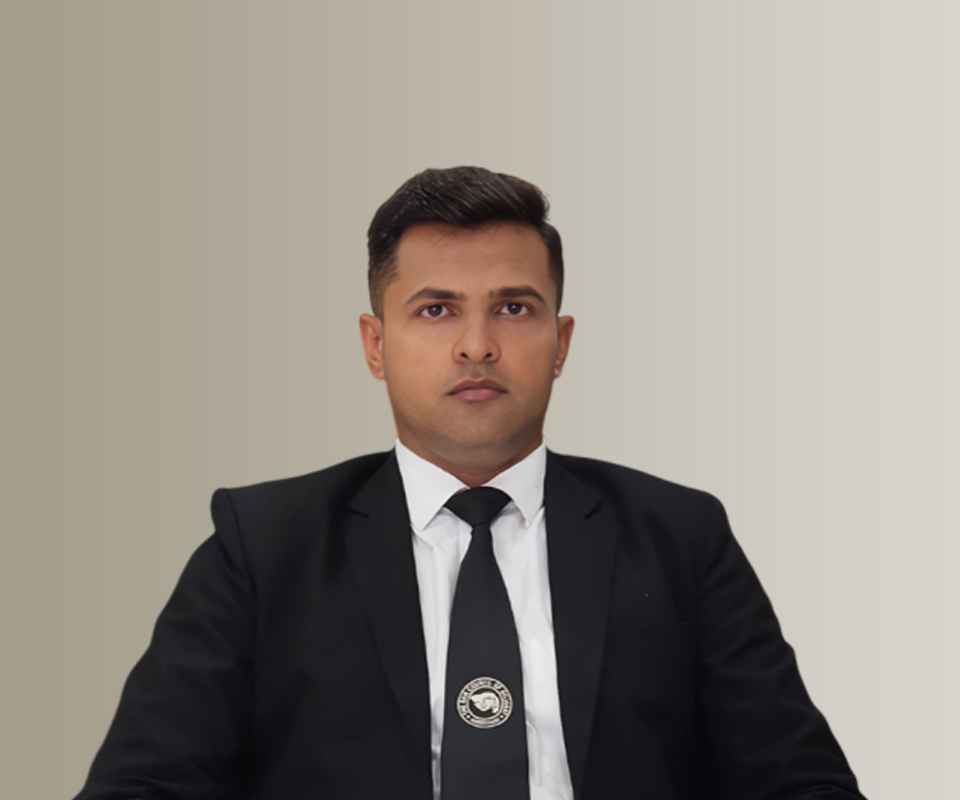Answer By law4u team
If a debtor passes away without repaying a debt, the creditor can recover the money from the deceased's estate through a legal process. In India, the Indian Succession Act, 1925 and the Civil Procedure Code (CPC), 1908 govern such recovery. Steps to Recover Money from a Deceased Debtor’s Estate Identify the Legal Heirs or Administrator If the deceased made a Will, the executor named in the Will is responsible for settling debts. If there is no Will, the legal heirs or a court-appointed administrator will handle the estate. File a Claim Against the Estate The creditor must send a legal notice to the legal heirs/executor demanding repayment. If they refuse, a civil suit for recovery can be filed against the estate of the deceased. Legal Proceedings in Court File a suit under Order 37 of the CPC (Summary Suit) for faster recovery. The court may direct the executor/legal heirs to pay the debt from the deceased’s assets. Attachment of Estate Assets The creditor can seek attachment of the deceased’s movable and immovable properties. If the estate has no assets, legal heirs are not personally liable unless they have inherited wealth from the deceased. Insolvency Proceedings (if applicable) If the estate lacks sufficient funds, the court may declare it insolvent, and creditors may get a proportionate share of the available assets.









